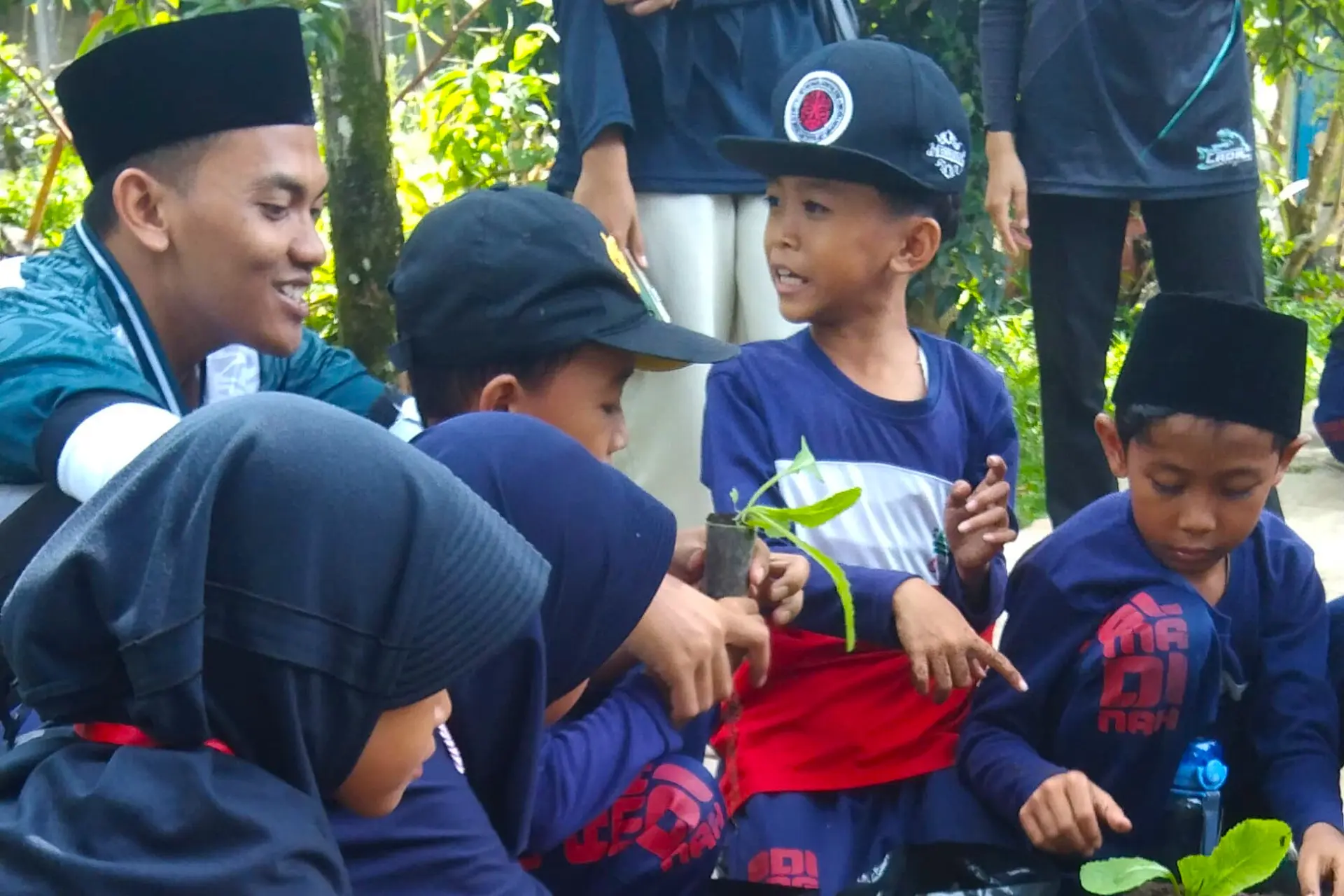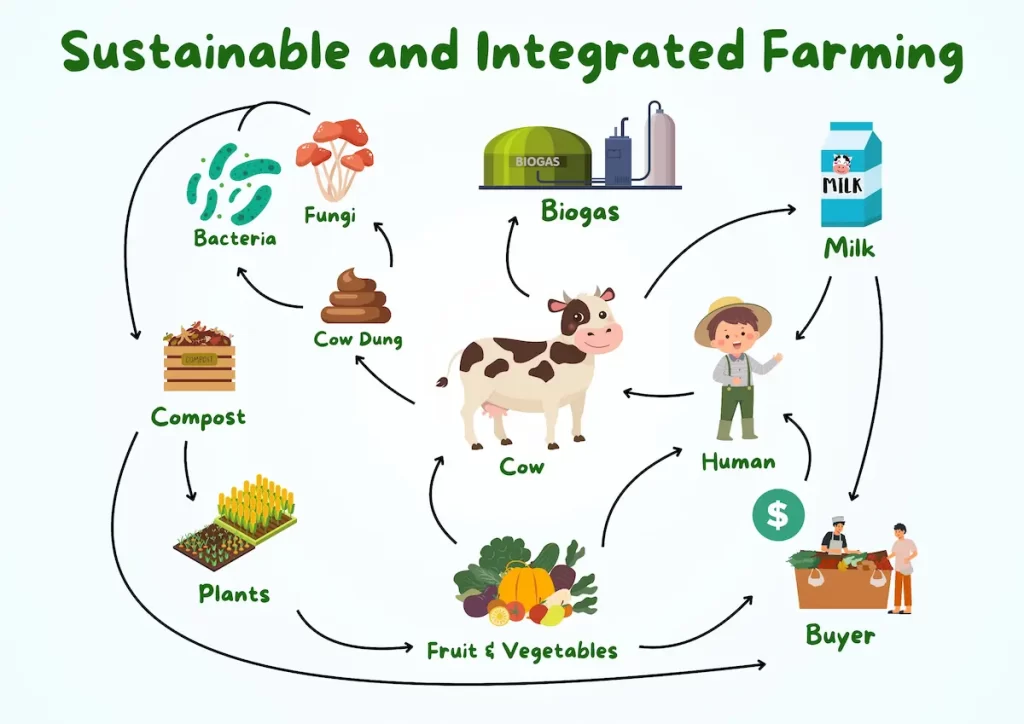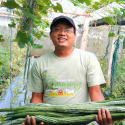
The question is, what kind of harmony are we striving for?
Taman Tani Salatiga Agricultural Course, or KPTT Salatiga, is an agricultural institution managed by the Society of Jesus that pursues harmony among creation through organic farming and animal husbandry. Since 2021, we have made it a place where people can learn about ecological spirituality, which emphasises the harmonious relationship among human beings, other living creatures, and God. This relationship is indispensable and cannot be severed. In our educational and social activities, we always include discussions or reflections on this harmonious relationship.
We are grateful that in this modern era, when it is easy to assume that not many people care for others, nature, and God, our experience tells us otherwise. Since our ministry began, we have assisted thousands of visitors and students who want to learn about agriculture and animal husbandry. The number of participants in the course has grown from 615 in 2021 to 3,107 in 2025.
How does one become a harmonious and ecological human being? We offer five steps.
First, through thought: everyone must think of themselves as part of the whole creation and in harmony with other human beings, other creatures, and God.
Second, through action: each person must perform good acts daily with a healthy and disciplined lifestyle.
Third, through habits: good acts that are carried out continuously become good habits, which form our culture of living together.
Fourth: from these good habits, a superior personal character will be formed.
Fifth: through the previous steps, one’s life will become an offering to God as a form of gratitude for all of God’s gifts.
KPTT is not a tourist attraction. It is a self-sustaining, self-sufficient, and sustainable farm. Currently, KPTT is able to operate independently and employs more than 60 workers. Its sustainability and independence are rooted in an integrated model that combines agriculture and livestock. This approach upholds a fundamental principle of mutual service among all of creation. What does a relationship of mutual service look like? The illustration below can help explain it:
Humans, animals, bacteria, fungi, and plants can exist through a cycle of mutual service. This cycle can be started by human beings, who serve cows by providing food and water and maintaining cleanliness. In return, cows provide milk and biogas. Their dung also feeds bacteria and fungi that decompose organic matter into nutrients needed by plants. Plants, in turn, serve the needs of cows and humans by producing an abundance of leaves and fruits. This mutual relationship among all forms of life is the most obvious form of harmony. Even without human intervention, it will run in accordance with its own course.
Organic farming is a form of response to the ideals expressed in Laudato sí—to answer the cry of the earth and the poor. Through these agricultural activities, we invite people to embrace ecological spirituality with courage. With this spirituality, there is greater hope for a harmonious relationship among human beings, other creatures, and God, the Creator of all.








